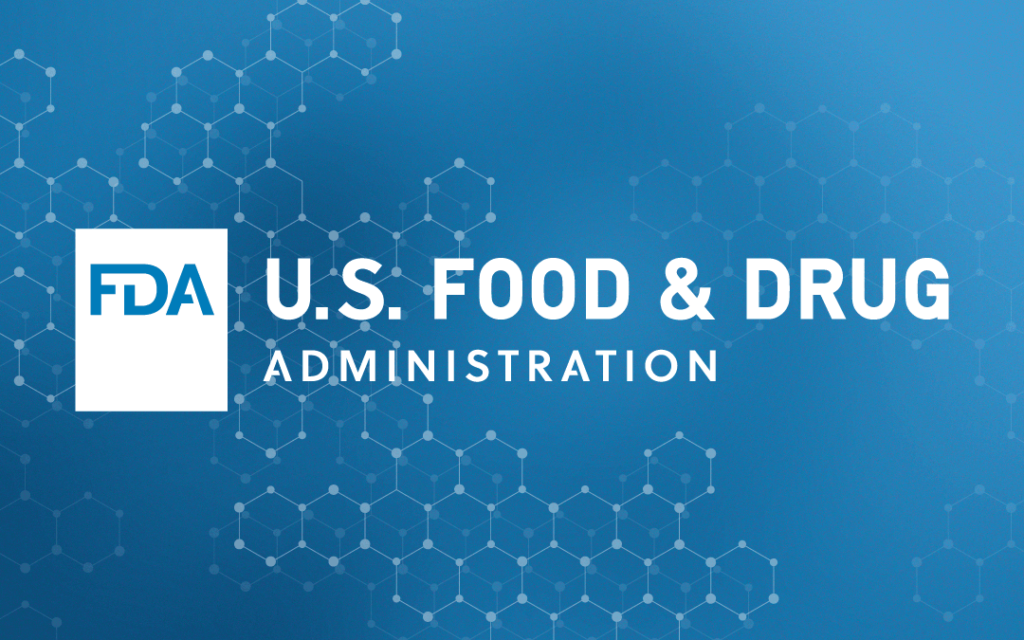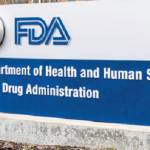The regulation of cannabis and cannabis-derived products by the U.S. Food and Drug Administration (FDA) has been a topic of increasing importance as the cannabis industry continues to expand. With the legalization of cannabis in many states for both medicinal and recreational use, the demand for cannabis-derived products, including THC gummies, has skyrocketed. However, the FDA’s role in overseeing these products is complex and often misunderstood. This article aims to clarify the FDA’s regulatory stance on cannabis and cannabis-derived products.
The FDA’s Role in Regulating Cannabis
The FDA protects public health by ensuring the safety, efficacy, and security of drugs, biological products, medical devices, food, and cosmetics. This includes regulating products derived from cannabis, a plant that contains over 100 different cannabinoids, the most well-known of which are tetrahydrocannabinol (THC) and cannabidiol (CBD).
Despite the growing legalization of cannabis at the state level, cannabis remains classified as a Schedule I controlled substance under the federal Controlled Substances Act (CSA). This classification means that cannabis is considered to have a high potential for abuse and no accepted medical use, making it illegal under federal law. However, products derived from cannabis, especially those containing only CBD, have found a gray area where they can be marketed and sold, subject to FDA oversight.
FDA Regulation of Cannabis-Derived Products
The FDA has approved certain cannabis-derived products for specific medical conditions. For example, Epidiolex, a CBD-based drug, has been approved for the treatment of severe forms of epilepsy. Additionally, synthetic THC products such as Marinol and Syndros are approved for the treatment of nausea and vomiting associated with chemotherapy and for appetite stimulation in patients with AIDS.
However, the approval of these drugs does not mean that all cannabis-derived products are considered safe or effective by the FDA. The agency has repeatedly warned that it has not approved the marketing of cannabis or cannabis-derived products as dietary supplements or for the treatment of any disease or condition other than those mentioned above.
Premium Cannabis Clones Shipped Nationwide
Premium cannabis clones shipped nationwide are perfect for growers looking to start with exceptional genetics. With trusted suppliers offering nationwide delivery, you can be assured that each clone will arrive healthy, strong, and ready for planting. Nationwide shipping ensures you can get high-quality clones no matter your location.
THC Gummies
THC gummies are one of the most popular cannabis-derived products on the market. These edible products contain THC, the psychoactive compound in cannabis that produces the “high” sensation. They come in various shapes, flavors, and potencies, making them an appealing option for both recreational and medicinal users.
However, THC gummies present a significant challenge for the FDA. Unlike pharmaceutical products, THC gummies are often produced and sold without rigorous testing for safety, potency, or quality. The FDA has expressed concern over the inconsistent labeling of THC gummies, where the actual THC content may vary significantly from what is stated on the label. This inconsistency poses a risk to consumers, particularly those who may be sensitive to THC or are using the product for medicinal purposes.
Furthermore, the FDA has not approved THC gummies for any therapeutic use. The marketing of these products often makes health claims that have not been substantiated by scientific evidence. The FDA has issued warning letters to companies selling THC gummies and other cannabis-derived products with unproven claims, emphasizing that these products are not approved for the treatment of any condition and that their safety has not been established.
Safety Concerns and the Need for Regulation
The lack of FDA oversight of THC gummies and similar products raises several safety concerns. One of the most significant risks is the potential for accidental ingestion, particularly by children. THC gummies resemble regular candy, making them attractive to young children who may inadvertently consume them. Such incidents have led to an increase in emergency room visits due to THC overdose, which can cause severe symptoms such as confusion, hallucinations, rapid heart rate, and, in extreme cases, respiratory distress.
Moreover, the inconsistent dosing and labeling of THC gummies can lead to unintentional overconsumption by adults as well. Unlike smoking or vaping, where the effects of THC are felt almost immediately, the onset of effects from edibles like gummies can be delayed by up to two hours. This delay can cause users to consume more than intended, resulting in a more intense and prolonged high, which can be uncomfortable or dangerous.
Potential FDA Actions
Given the rapid growth of the cannabis industry and the increasing popularity of products like THC gummies, there is a pressing need for clear and consistent FDA regulations. While the FDA has taken some steps to regulate cannabis-derived products, there are several areas where additional action could be beneficial.
Establishing Clear Guidelines for THC Products:
The FDA could develop specific guidelines for the production, labeling, and sale of THC-containing products, including gummies. This could include setting limits on THC content, requiring standardized labeling with accurate dosing information, and mandating child-resistant packaging.
Conducting Research on the Safety and Efficacy of Cannabis-Derived Products:
The FDA could support or conduct more research into the safety and efficacy of cannabis-derived products, particularly those containing THC. This research could help establish a clearer understanding of the risks and benefits associated with these products and inform regulatory decisions.
Increasing Enforcement Against Unsubstantiated Health Claims:
The FDA could take more aggressive action against companies making unproven health claims about THC gummies and other cannabis-derived products. This could include issuing more warning letters, pursuing legal action against violators, and working with state regulators to ensure compliance.
Promoting Public Education:
The FDA could launch public education campaigns to inform consumers about the potential risks associated with THC gummies and other cannabis-derived products. This could include providing information on safe usage, the importance of proper dosing, and the risks of accidental ingestion.
Conclusion
The FDA’s regulation of cannabis and cannabis-derived products, including THC gummies, is an evolving and complex issue. As the cannabis industry continues to grow, there is a critical need for clear and consistent regulatory guidelines to ensure the safety and well-being of consumers. While the FDA has taken some steps in this direction, more action is needed to address the unique challenges posed by cannabis-derived products. By establishing clear guidelines, supporting research, enforcing against false health claims, and promoting public education, the FDA can play a vital role in ensuring that these products are safe, effective, and properly regulated.




